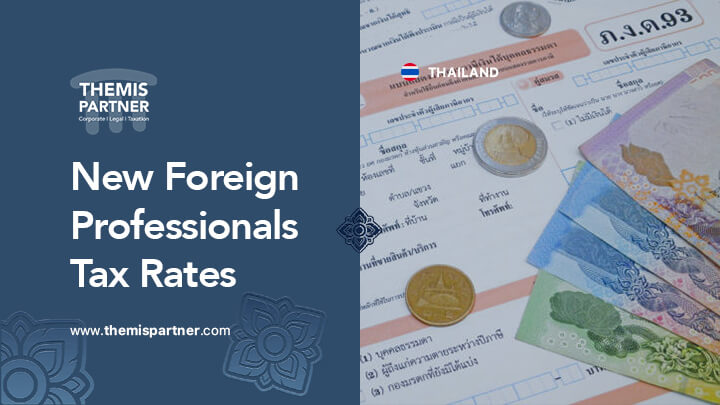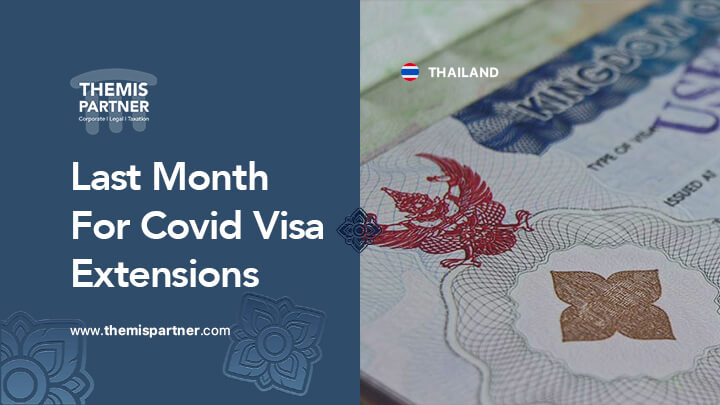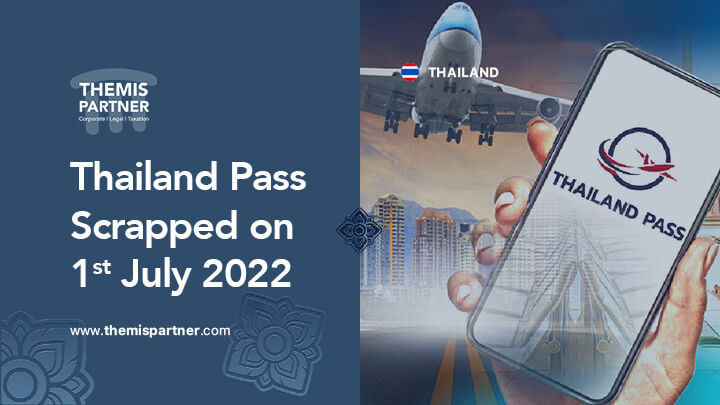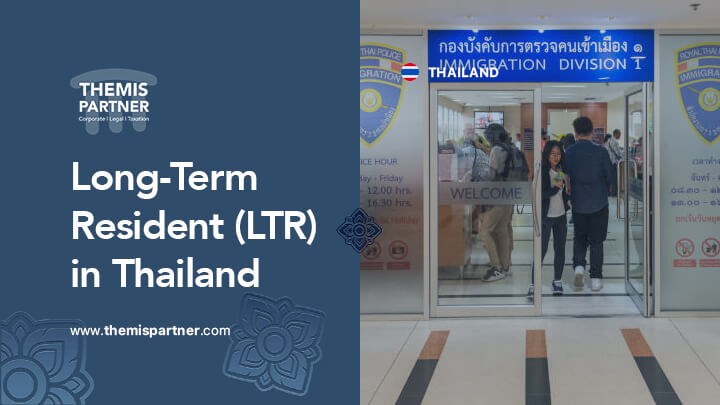According to a new study, Bangkok is the world’s second best city for digital nomads to work because of its mix of accommodation, WiFi hotspots, transportation, and cuisine.
Bangkok was ranked second only to Lisbon, Portugal, according to a study conducted by the UK-based The Instant Group. Bangkok’s ranking was attributed to good local food, the availability of over 15,000 high-speed WiFi hotspots, good transportation options, and the cheapest accommodation available globally, with an Airbnb costing an average of £27 (1,174 baht) per night.
Affordability, weather, broadband speed, scenery, and transportation are all important factors for flexible nomadic workspaces, and Bangkok excels in all of these categories.
Many major tourist destinations were ranked low on the list, including London, Paris, and Venice, which all appeared far below several unexpected winners like Thessaloniki, Gothenburg, and San Jose.
Meanwhile, more than half of the top 60 cities in the study are in Asia. According to the study, cities such as Seoul, Kuala Lumpur, Singapore, and Hong Kong provide travel experiences, scenery, and food, as well as connectivity, infrastructure, and a manageable cost of living.
Singapore had the fastest average broadband speed in the study, at 256 Mbps, while Jakarta has over 97,000 WiFi hotspots throughout the city.
In 2021, there will be 35 million digital nomads worldwide.
What is a Digital Nomad?
A digital nomad is someone who works from home, either full-time or part-time, while exploring new areas. Digital nomads frequently work from public libraries, coworking spaces, and coffee shops, connecting their computers, cellphones, or tablets to Wi-Fi hubs or hotspots.
As a digital nomad, you have the freedom to design your own work schedule, free of the traditional nine-to-five routine. This way of living also allows you to travel the world.
Why are digital nomads drawn to Thailand?
It’s easy to see why so many new and seasoned digital nomads are flocking there (and even going back). Here are a few of the reasons why Thailand is so popular among digital nomads, remote workers, expats, and vacationers.
1. Beautiful scenery and weather:
Thailand has some of the most stunning beaches, forests, and parks in the world. You will be surrounded by sandy beaches and sparkling waterways, or you will enjoy views from mountaintops while breathing in fresh air. You won’t have to worry about frost because it’s a tropical nation!
2. Affordability of Living:
If you know where to go and how to spend your money, living in Thailand is pretty reasonable. A dish of Pad Thai costs 40 THB ($1.30), while a two-hour train ride costs 100 THB ($3.30).
Expect to pay between $800 to $1,500 per month for meals, transportation, and other expenses.
3. Tourism that has matured and convenience:
Thailand is a developed country with a large number of visitors, expats, and digital nomads. Expect convenience and safety as this area combines metropolitan life with traditional culture. You have quick Internet access, 24 hour convenience stores, fast food places, malls, markets, and a wide variety of meals from local to Western cuisines.
4. Yummy Food and Drinks:
Thai food provides a wide variety of meals that you will like! It’s all colored with spices and veggies, with selections ranging from full-meat to vegan. Pad Thai, Khao Pad, Tom Yum Goong, Thai curries, and so much more are available. Don’t forget about the wonderful locally brewed coffee, which will undoubtedly wake you up.
5. Incredible Thai Culture and Heritage:
Thailand has a rich culture from which you may learn a lot. Visit the temples and historical sites, and immerse yourself in Thailand’s beauty that extends beyond its beaches and city life. You’ve gone to a new nation to learn about their culture, so immerse yourself in it!
6. Locals are friendly:
The Thai people are quite friendly, with many individuals beaming at you as you go down the street (as long as you smile first). If you’re polite and try to greet them in Thai, they’ll be more than obliging and welcoming when you need help!
What are the Thailand's top Digital Nomad destinations?
There are many gorgeous spots to visit in Thailand, but which ones are ideal for digital nomads?
Here is the top five places that feature everything a tourist or digital nomad may want:
1. Chiang Mai
Chiang Mai is a famous location for digital nomads and travelers from all over the world. It is currently renowned as a digital nomad hotspot, with several coworking spaces and digital nomad groups, as well as educational courses on how to make money as a digital nomad!
This attractive city is located in northern Thailand, and while it is smaller than Bangkok, it is nonetheless a busy location. It’s cheap and simple to locate lodging, and there are plenty of bazaars, restaurants, and nightlife options for fun and exploration.
2. Koh Lanta and Phuket
Phuket is Thailand’s most popular tourist destination, with several stunning beaches and expensive resorts. It is a contemporary metropolis for those who enjoy the hustle and bustle of life. There are several coworking spaces, tourist sites, marketplaces, and delicious food to be discovered.
You may also visit Koh Lanta, which is known for its beautiful beaches and natural beauty. This is the location of Ko Hub, a coworking and coliving place that has helped Koh Lanta become famous among digital nomads.
3. Koh Samui and Koh Phangan
Koh Phangan was formerly a trendy island with beautiful beaches. It is currently famous for its party scene and yoga retreats! So you may spend the day relaxing and feeling free, then go to the clubs at night. It’s an ideal location for any digital nomad!
Koh Samui is another popular tourist destination, and there are a few hidden treasures on the island to avoid the masses. Depending on your lifestyle and budget, both Koh Phangan and Koh Samui include exquisite resorts as well as comfortable huts where you may work and explore around.
4. Bangkok
Bangkok is Thailand’s capital city, and it is just what you’d expect: large, raucous, congested, and a lot of fun! Though it is Thailand’s most costly city, it is ideal for digital nomads who want to remain in the city for a few months.
Bangkok is quickly becoming the country’s digital nomad center, due to its massive city life, luxurious condominiums, easy public transit, and convenience, as well as up-and-coming areas like Thong Lor and Ekkamai. In addition, compared to Western countries, you may enjoy city life without spending a fortune.
What is the best Thai Visa in 2022 for Digital Nomads?
The following visas can be appropriate for digital nomad:
1. Tourist Visa (TR)
2. Business Visa (B)
3. Digital Nomad Smart Visa
In Thailand, the Smart T Visa is the best visa choice for digital nomads and remote professionals. If you work for a Thai firm, have a minimum contract period of one year, and a monthly income of at least THB 100,000 ($3,200 USD), you have a good chance of receiving a Smart T Visa. Even better, your company should be able to assist you in obtaining this visa.
To be eligible, digital nomads must have an employment contract with a foreign business that lasts at least one year from the date of application. If they are working overseas or in Thailand, foreign freelancers and remote employees should be able to fulfill this criteria.
A Smart Visa is also a good option if you wish to work or start a business in Thailand, as you may remain for up to four years. Another piece of good news is that the Thai government is now looking at relaxing the conditions for the Smart Visa. They are thinking of shortening the contract obligation from a year to six months.
It is also needed that the firm for which you work is in one of the following industries:
| ➤ Automotive Smart Electronics of the Future |
| ➤ Wealth, Medical, and Wellness Agriculture and biotechnology tourism |
| ➤ Future Food Automation and Robotics |
| ➤ Logistics and aviation |
| ➤ Biochemicals and biofuels |
| ➤ Digital Medical Center |
| ➤ Dispute Resolution Through Alternative Means |
| ➤ Science and Technology Human Resource Development |
| ➤ Renewable Energy and Environmental Management |










